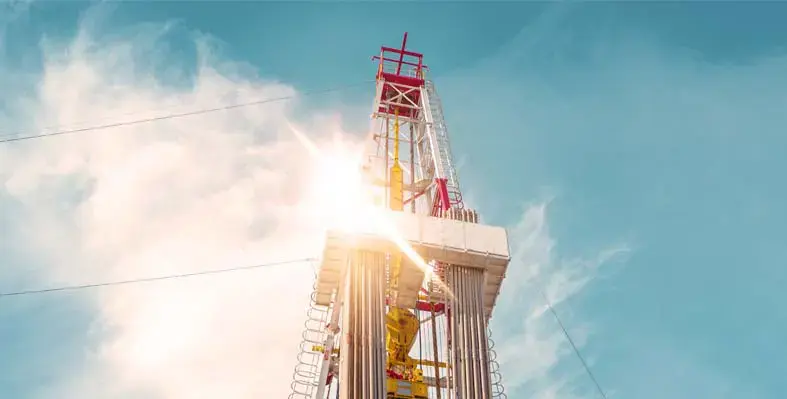Oil and gas annual upstream capital expenditures rose by US$63bn year-on-year in 2023 and are expected to rise a further US$26bn in 2024, surpassing US$600bn for the first time in a decade, according to a new report from the International Energy Forum (IEF) and S&P Global Commodity Insights
More than 60% of the increase in upstream capex spent between now and 2030 will come from the Americas, according to the Upstream Oil and Gas Investment Outlook report. While the USA and Canada are expected to be the largest drivers of capex growth to 2030, Latin America plays an increasingly significant role in non-OPEC supply growth, particularly for conventional crude, with large expansions in Brazil and Guyana.
Continued upstream investment is still needed to both offset expected production declines and to meet future demand growth, the report highlights, forecasting that a cumulative US$4.3 trillion in new investments will be needed between 2025 and 2030. Annual upstream investment must increase by US$135bn or 22% to reach US$738bn by 2030, based on an outlook that sees demand for oil rising from 103mn bpd in 2023 to nearly 110mn bpd by 2030.
“This investment is vital for supporting energy security and enabling an orderly and equitable energy transition,” the report says. “The past two years have shown the negative impacts of disorderly transitions, such as price shocks, shortages, and a rise in geopolitical tensions.”
Oil demand will plateau, rather than peak and collapse, and could actually remain above 100mn bpd to 2050. However, there is a lot of uncertainty around the demand trajectory and the pace of the energy transition, creating a difficult environment for making investment decisions. Markets need to remain agile and adaptable to changing conditions.
"More investment in new oil and gas supply is needed to meet growing demand and maintain energy market stability, which is the foundation of global economic and social wellbeing," said Joseph McMonigle, secretary general of the IEF. "Well-supplied and stable energy markets are critical to making progress on climate, because the alternative is high prices and volatility, which undermines public support for the transition."
Oil & gas upstream capex at decade high

Oil and gas upstream capex is at the highest level for a decade, according to the report. (Image source: Adobe Stock)







